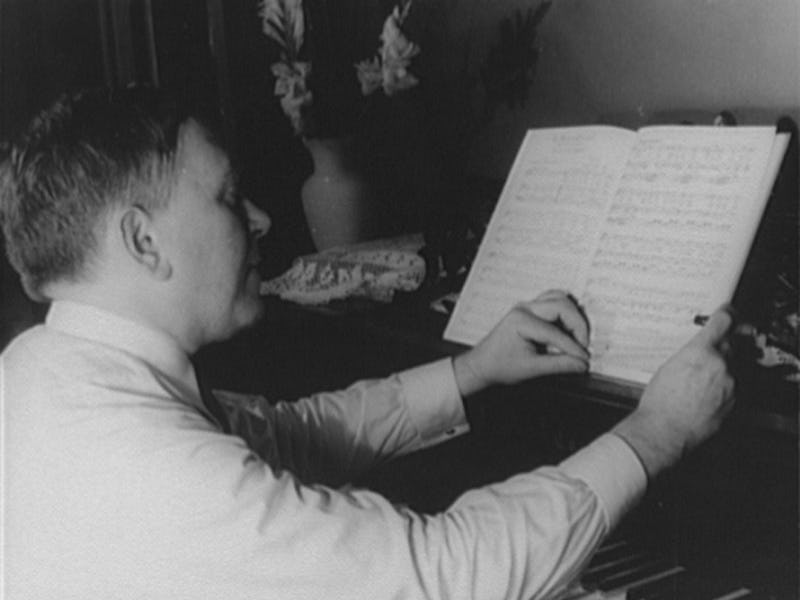On the Anniversary of the Scopes Verdict, Let Us Praise H.L. Mencken
Long before Hitchens and Dawkins, he was the original skeptical journalist.

The so-called “Monkey Trial” was decided 90 years ago today with a guilty verdict and a fine for Dayton, Tenn., teacher John T. Scopes. Even so, anyone with five minutes can find 21st century stories about scientists rolling their boulder of observable data up that mountain of religious fundamentalism over and over again. But you won’t read them written like this:
The rustic judge, a candidate for re-election, has postured the yokels like a clown in a ten-cent side show, and almost every word he has uttered has been an undisguised appeal to their prejudices and superstitions. The chief prosecuting attorney, beginning like a competent lawyer and a man of self-respect, ended like a convert at a Billy Sunday revival. It fell to him, finally, to make a clear and astounding statement of theory of justice prevailing under fundamentalism.
Hot damn. That’s H.L. Mencken. Decades before Christopher Hitchens was hosting town hall debates with believers and Richard Dawkins was tearing up the Times bestseller list with The God Delusion, Mencken was inventing the modern ideal of the public intellectual atheist from the ground up.
Mencken was so famous there’s a good chance you know his work even if you don’t know the man. “Nobody ever went broke underestimating the taste of the American people,” is his. Another good one, less circulated though widely true in the human heart: “Every normal man must be tempted, at times, to spit on his hands, hoist the black flag, and begin slitting throats.”
Dayton’s trial was a circus, even if the town leaders were happily organizing the rings from behind the bars of the monkey cage. Thanks to Inherit the Wind, if American students learn about it they probably remember the attorneys on Scopes side about as saintly as they used to remember Atticus Finch. To be fair, a trial as absurd and high stakes as Scopes was always going to be remembered, but we’d remember it a lot differently without Mencken’s regular dispatches on the proceedings in our daily fish wrap. Scenes like this one, which I include now because half the point in writing about Mencken is letting him do the heavy lifting:
“It would be hard to imagine a more moral town than Dayton. If it has any bootleggers, no visitor has heard of them. Ten minutes after I arrived a leading citizen offered me a drink made up half of white mule and half of coca cola, but he seems to have been simply indulging himself in a naughty gesture. No fancy woman has been seen in the town since the end of the McKinley administration. There is no gambling. There is no place to dance. The relatively wicked, when they would indulge themselves, go to Robinson’s drug store and debate theology….”
Every time you click on one of the better Web 2.0 tirades, Mencken’s brassy rants are in the DNA. Whenever you read a takedown of Mother Teresa that leaves you convinced the saint was a sadist, Mencken’s there. Mencken is the common ancestor, and you couldn’t convince a jury otherwise in Dayton or anywhere else.